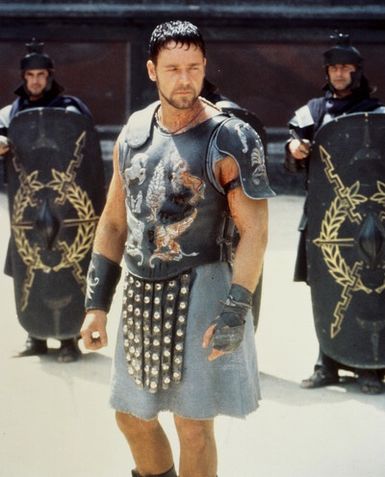" For our citizenship is in heaven, from which also we eagerly wait for a Savior, the Lord Jesus Christ; 21 who will transform the body of our humble state into conformity with the body of His glory, by the exertion of the power that He has even to subject all things to Himself."
-Phillipians 3:20-21Chapter 3 of Philippians is a passage where the Apostle Paul is talking to the church in Phillippi about the goal of the Christian life and how we should press on despite our struggles.In this same chapter we get the passage quoted at the top. This passage by itself has relevance, but it has no background.
 |
| Phillipi is located north of Greece in Macedonia. It was founded by Phillip II, Alexander the Great's father and consequently bears his name. |
You may have previously read the blog post Ides of March where Julius Caesar was discussed, and how on March 15th 44BC he was brutally assassinated. This assassination left the Roman world in chaos, but by November of the next year (43 BC) the 2nd Triumvirate (rule of three men) had come to power. Mark Antony was the senior leader, Augustus was next, and also a man named Marcus Lepidus. One of the first things these men did was hunt down the assassins of Julius Caesar. They caught up with them in northern Greece and they had a battle at Phillipi where Brutus and Cassius, the 2 generals of the opposing force were killed.
Later, when Augustus had taken full power and became Rome's first Emperor he set up Phillipi as a monumental city to remember the defeat of the Assassins. William John Conybeare in his book The Life and Epistles of St. Paul says Phillipi was "gifted by Augustus with the privileges of colonia (colony). It thus became at once a border garrison of the province of Macedonia and a perpetual memorial of his victory over Brutus". The accolades the city got from the Emperor and the citizenship they received were very important and made them proud. Citizenship in the Roman world was a big deal and not something to be treated lightly. Often men would serve over 20 years in the army for a piece of land and the right to call themselves citizens.
The Apostle's point was clear to the audience he was speaking to. Yes, Roman citizenship is highly sought after, but being a Christian means we are a citizen of heaven. That is something we should treasure!
-Jason
Picture Source









